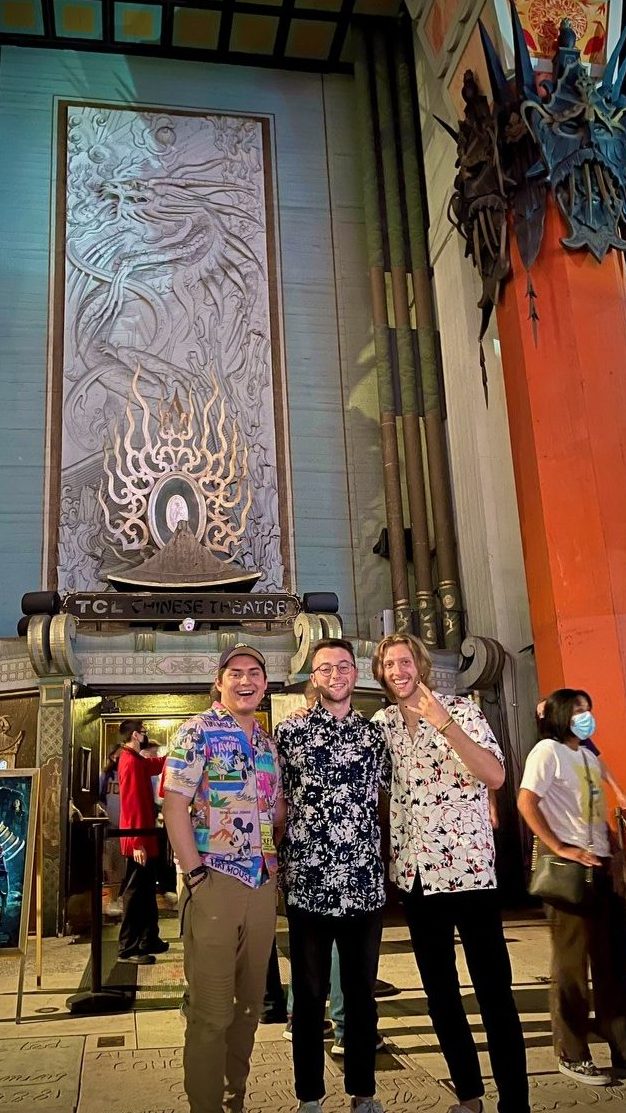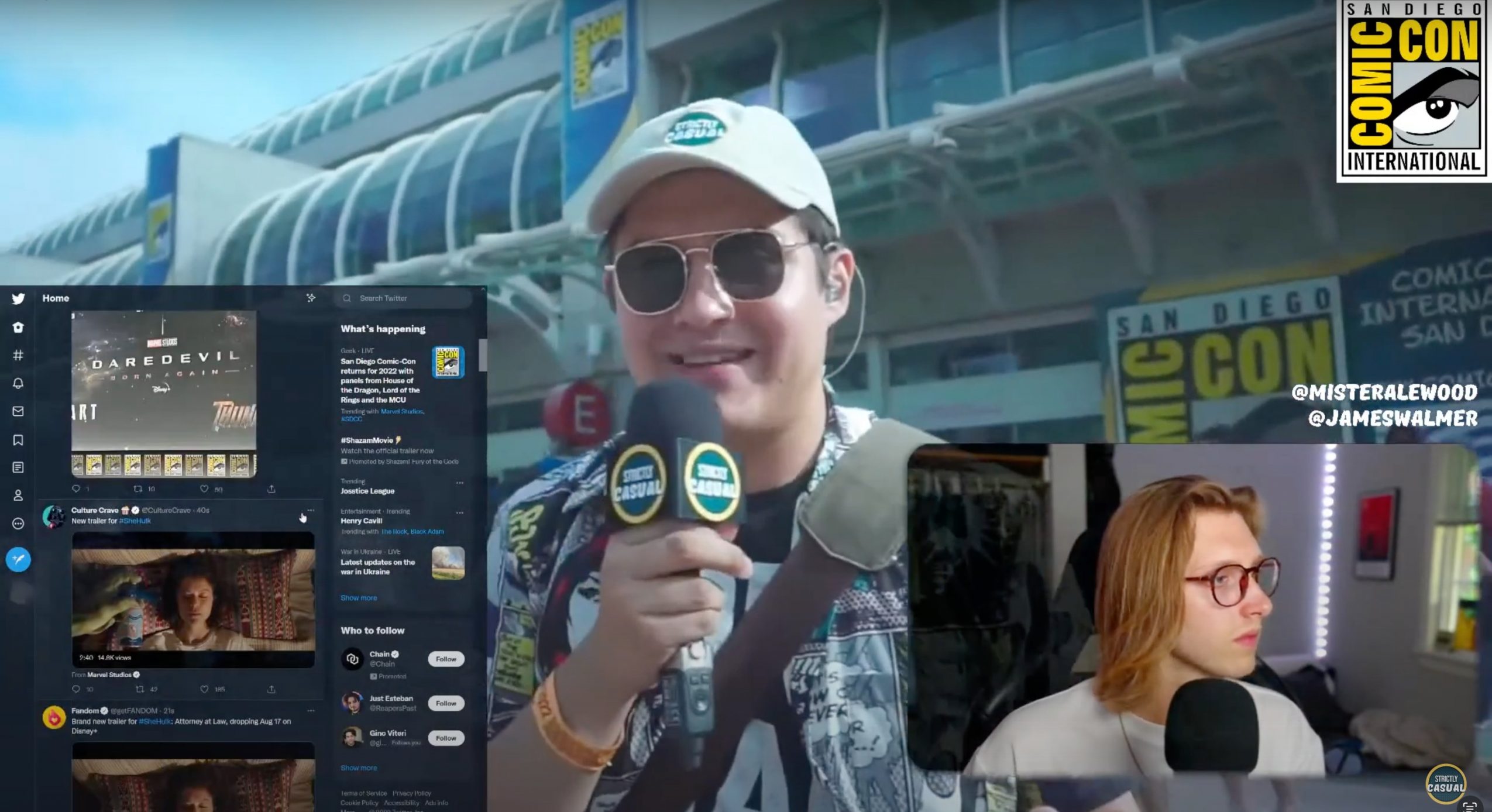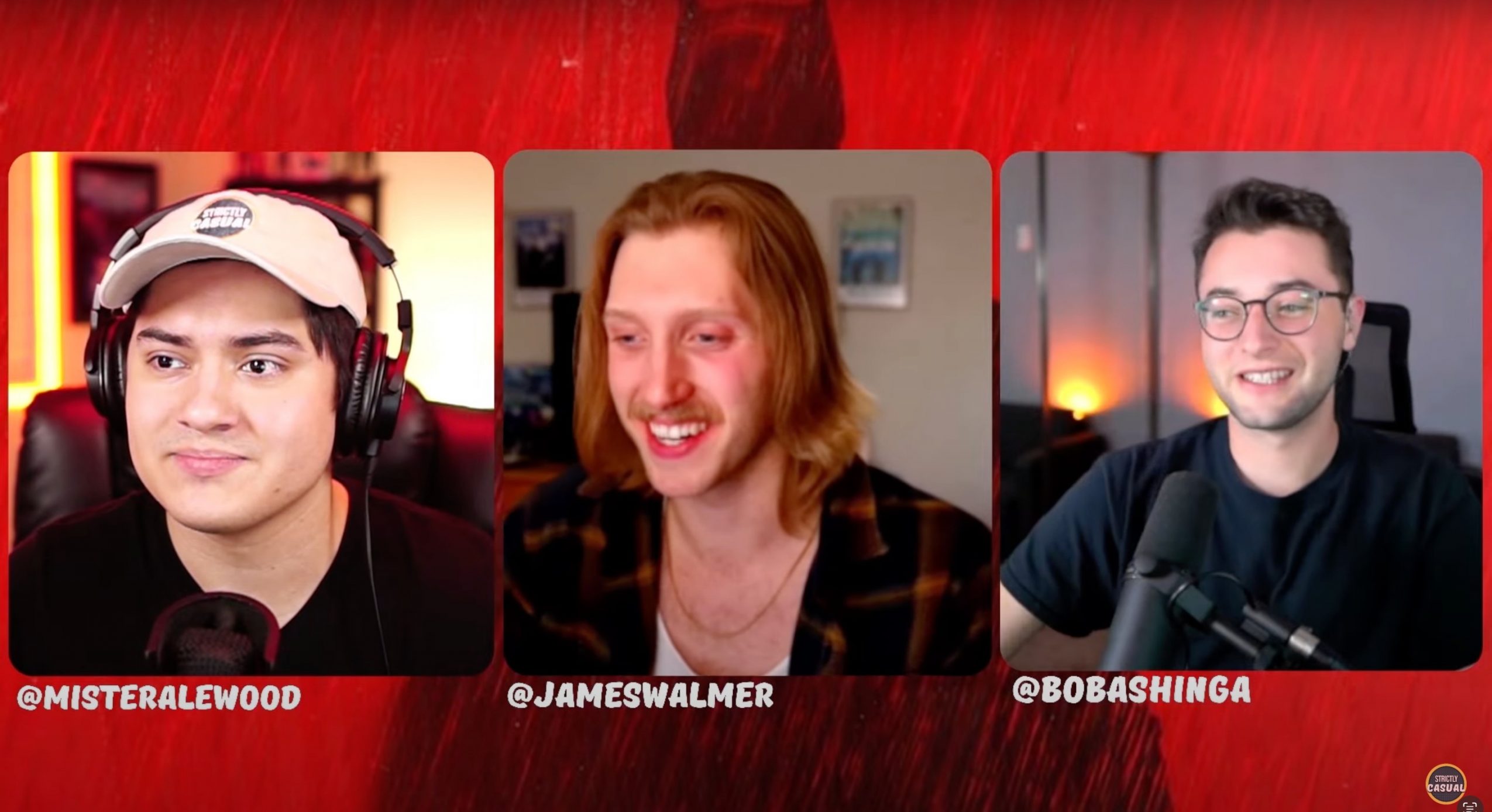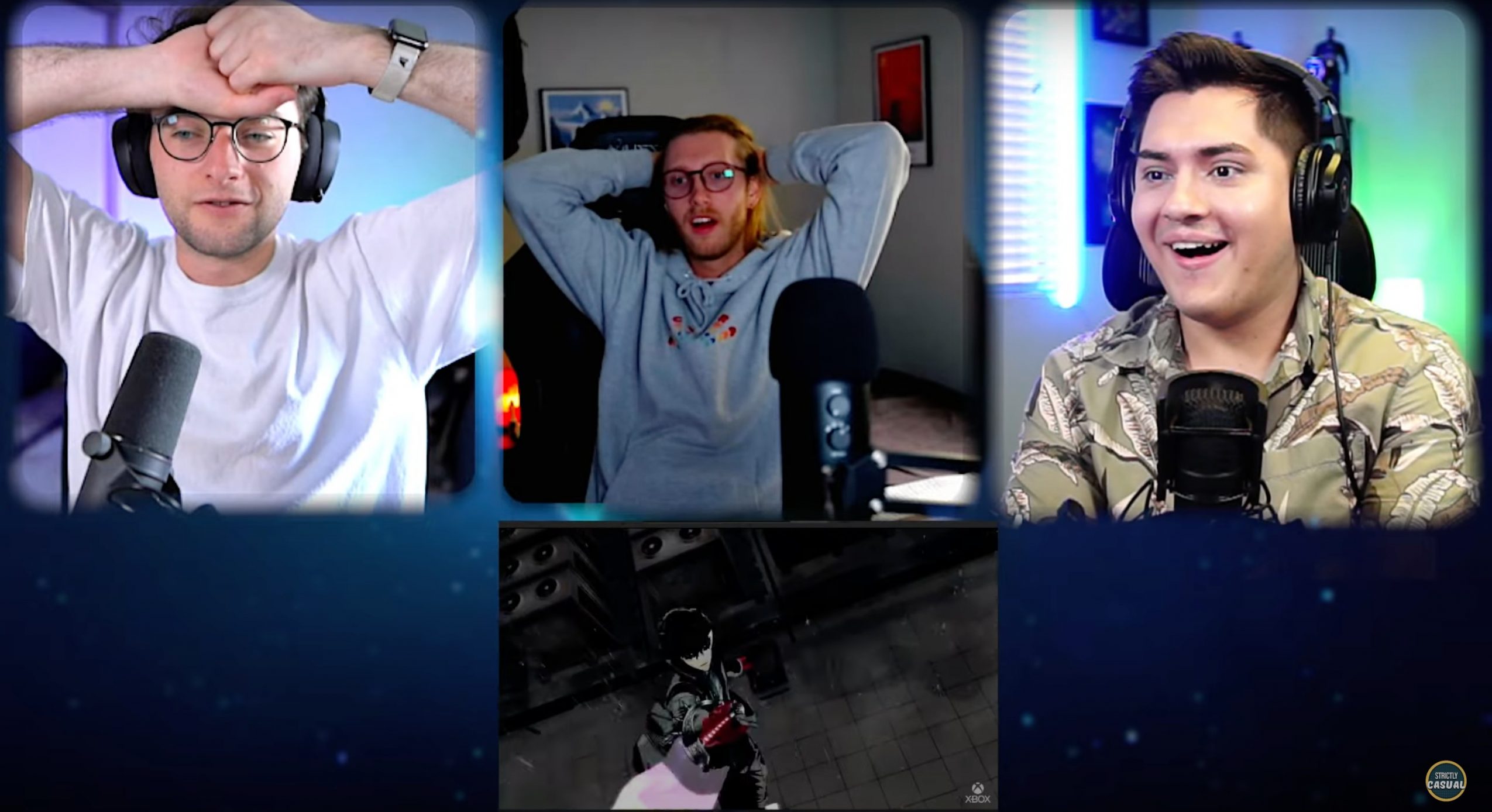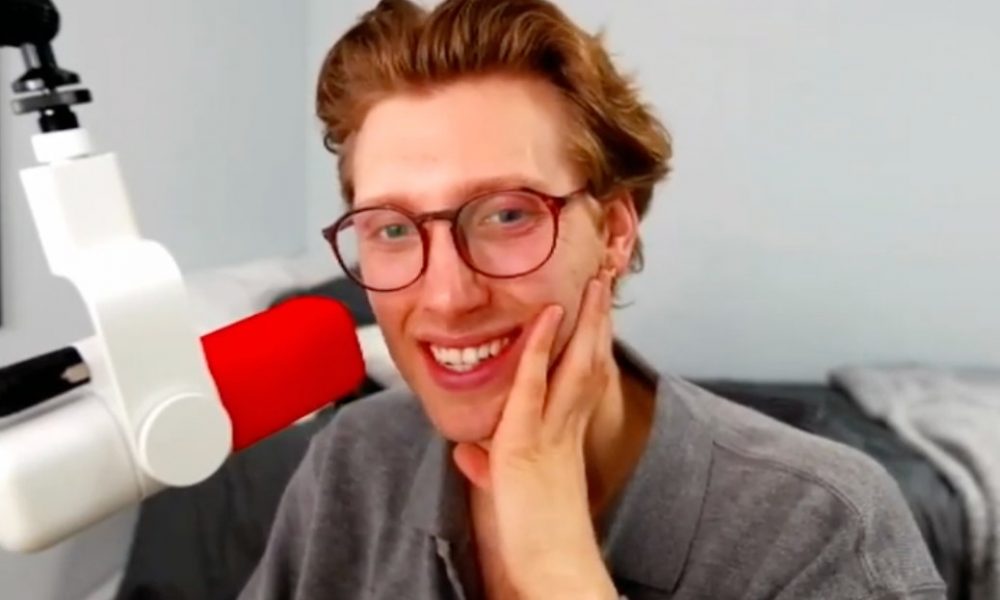

Today we’d like to introduce you to James Walmer.
Hi James, so excited to have you on the platform. So before we get into questions about your work-life, maybe you can bring our readers up to speed on your story and how you got to where you are today?
Some of the earliest memories I had growing up were on my dad’s lap at his computer as he played old-school FPS games like DOOM, Unreal, and Serious Sam. Before long, I got antsy and wanted to get my hands on the keyboard and mouse myself. My dad, taking notice of my interest, decided to use my early spark of passion and set aside a portion of what little money we had to invest in educational games like Reader Rabbit or children’s puzzle-adventure games like the Putt-Putt or Pajama Sam series. Eventually, I would catch on to this and try to convince my parents every new game I wanted was “educational,” and sometimes it even worked.
My parents were old and not very active, and my neighborhood wasn’t sprawling with other kids my age, so games really kept me company growing up. So as much as I’d like to poke fun at all the iPad kids of today, I guess I kinda was one myself. My parents made a variety of efforts to get me involved with other kids, mind you. I was on a variety of sports teams all the way until college, but I can’t think of a single day I wouldn’t have instead been at home playing Zelda or Halo than at a baseball or lacrosse game.
Video games became my hyper-fixation for much of my early life, and that interest never really went away. Not only did I play them but I started to watch X-Play on G4 and I started watching E3 every summer. All I wanted was to talk to people about my experiences, how it felt to explore worlds, meet new characters, solve puzzles, and all the moments in between that made video games feel special. But, as I grew up, because I didn’t have much of a community that also played games growing up, I found it hard to relate to my peers who didn’t have the same experiences I did. So, after school, until I was around 13 years old, my dad would take me to Gamestop after school where I’d dump all my game talk on these poor college students just trying to get by picking up a few hours there.
But eventually, there came a day when I thought if I wanted to climb the ranks of middle and high school social class, I had to diversify my interests. It was at that point that video games became a backburner topic meant for a very specific audience despite having them still taking up most of my free time. During class, I’d browse Polygon or IGN articles on my iPad instead of paying attention. After school, I’d go home and hop in a chat room with my friends, where I’d finally get to dump all the thoughts spinning in my head for the entire day. Every bit of speculation and critique was finally being aired and discussed.
But then I got to college, then I met Vincent.
I remember I happened to stumble into Vincent’s dorm room because I hung out with a lot of the guys on that floor, and for some reason or another, I popped my head in. And he was watching the Kinda Funny Gamescast, a weekly video games news podcast on Youtube that I had watched for years.
And that was the start.
Finally, I had a friend who got it. Who had so many of those same experiences growing up.
Admittedly, part of what drew me to Vincent was how ordinary he was compared to a culture that was highly stigmatized. As much as I hate to say it, I spent much of my early life trying to dodge the cultural associations that came with gaming enthusiasts. He was just a normal guy who had other interests too. He wasn’t an obsessive video game fanatic. He just had an appreciation for them and was invested in them. I think Vincent in one way or another showed me that I did not have to fit a caricature of a “gamer” to be an enthusiast.
I can’t recall how many times there would be a bit of gaming industry news that would break and I would run over to talk to Vincent about it, so many times that one day I said, “We should start recording these conversations.” and so we did. We came up with a name and a logo and began the process of figuring out what our voice was and what we wanted to bring to the table.
Even since we started the show, Vincent, Ryder, and I have always been working in our separate directions, doing our own career endeavors. For a while, I felt like I was supposed to work in the Church, but since walked away from that and now I’m trying for my master’s in Urban Planning. But even amidst everything else, I still make an effort to do the show because it connects me to a part of myself and to be creative at the same time! It reminds little James that it’s okay to hold onto my passions and I never had to let go of them in order to make friends because the truth is a good chunk of my best friends have a close relationship with video games. So why did I create a gaming podcast? Because it’s a love letter to my 10-year-old self that it’s okay to love games and that games don’t have to be isolating, they can actually bring people together and be something that creates a conversation about our world and what it means to be a person living in it.
We all face challenges, but looking back would you describe it as a relatively smooth road?
It’s been a long road for sure! And with that comes its fair share of potholes and detours. The first big detour was COVID. Because we were only shooting with one camera, the question of how we were going to the podcast was a big question mark. Like every other in-person podcast, we had to figure out how to convert our bedrooms into our studios. A small project for fun suddenly required a lot more investment.
While being a broke college student, every spare bit of cash went into the show. New lights, new microphone, all things that seemed would be a small upgrade became necessary for a dark bedroom studio. Then we expanded! Very soon after we moved back home during the pandemic, we brought on two new members, which led to a slew of new challenges. While it was great having more people producing content, there were also new passions that deviated from what I originally wanted to cover. We had to ask ourselves, “What can we make room for that still fits within what we want to create, and what doesn’t fit within the vision of Strictly Casual? And some of those conversations ended up in incongruencies which resulted in us letting go of one of our members, which was the biggest hurdle I think we’ve experienced to date.
Recently we’ve had to face the realities of burnout that come with producing weekly content that follows news cycles. We’ve had to identify what is stimulating us creatively and where can we try and cut down on legwork that really can kill the experience for us and make it feel like we’re just going through the motions. For us, that looks like maybe sacrificing weekly consistency to produce a little bit bigger, more well-developed podcasts. All of this, with me now living in New York and not being connected to an LA-based team, has also come with challenges. Meetings are at awkward times for me, some events are too late for me and some are too early for them. But we make it work when we can! There’s always patience, grace, and understanding, which makes being a part of this small team so special.
Appreciate you sharing that. What else should we know about what you do?
I come from a really mixed background when I think about all the paths I’ve been down! I went into college thinking about being a pastor, so I would identify as a deeply spiritual person who increasingly throughout my career wanted to connect that spirituality with the “real world.” That resulted in becoming increasingly more involved with justice and institutional change through public policy. So now, I find myself going for my master’s in urban planning at NYU, living in New York, and working at non-profit organizations that are improving local communities.
How do you define success?
I define success as being happy! Not reaching a personal “enlightenment,” but achieving a sense of belonging, a sense of purpose, and having your daily needs met. For me, success isn’t a result but a process of smaller wins along the way. For example, as much as I want to do work to reform and desegregate communities, I don’t know how I could possibly achieve such a lofty goal. However, I think as long as I’m taking steps in that direction, then I can be confident in my “success.” From a purely creative perspective, I think success looks like just putting something out into the world that I can be proud of and take ownership of. That out there in the world is an authentic part of myself that people can interact with and have conversations about; which is really why I do Strictly Casual, to do that with a team who also want the same thing.
Pricing:
- Optional 2.00/month for becoming a Youtube Member
Contact Info:
- Website: strictlycasual.co
- Instagram: https://www.instagram.com/james_walmer/
- Linkedin: https://www.linkedin.com/in/jameswalmer/
- Twitter: https://twitter.com/jameswalmer
- Youtube: https://www.youtube.com/@StrictlyCasual
